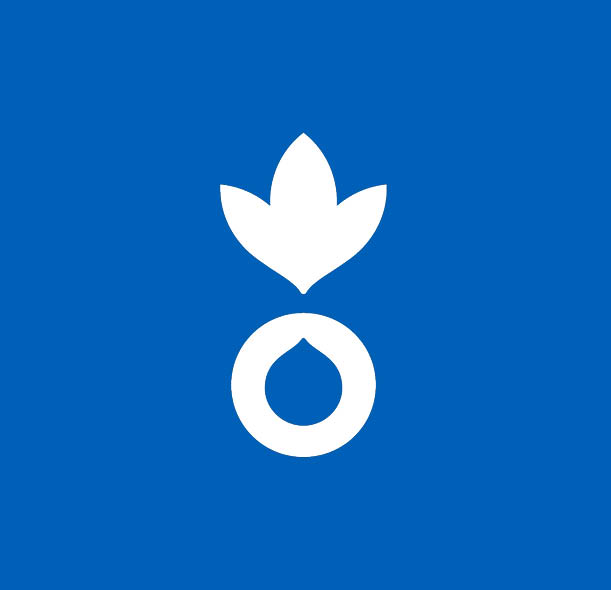Leading international organisations report an additional 11 million people could be pushed into hunger just over the next three months. Unless urgent action is taken the number of people going hungry in West Arica could rise from 27 million to 38 million this June – a new historic level and the worst in a decade.
This alert is issued by eleven international organisations in response to new analyses of the March 2022 Cadre Harmonisé (CH), ahead of the virtual conference on the food and nutrition crisis in the Sahel and Lake Chad organised by the European Union and the Sahel and West Africa Club.
“The number of people going hungry increased by more than a third in 2021 and is continuing to rise rapidly. At tomorrow’s conference, all governments must commit to put the needs of civilians first, working together to boost the food security of millions of people in the Sahel region, whose lives and livelihoods are at acute risk,”
Over the past decade, far from abating, food crises have been increasing across the West African region, including in Burkina Faso, Niger, Chad, Mali, and Nigeria. Between 2015 and 2022, the number of people in need of emergency food assistance nearly quadrupled, from 7 to 27 million.
Malnutrition is steadily increasing in the Sahel. The United Nations estimated that 6.3 million children aged 6-59 months will be acutely malnourished this year – including more than 1.4 million children in the severe acute malnutrition phase – compared to 4.9 million acutely malnourished children in 2021.
In addition to conflict and insecurity, pockets of drought and poor rainfall distribution have reduced communities’ food sources, especially in the Central Sahel. To make up for the gap, many families are selling their assets, jeopardising their productive capacity and the future of their children. Young girls may be forced into early marriage and other forms of gender-based violence may increase as food becomes scarcer.
Food prices have increased by 20-30 per cent over the past five years in West Africa. While food reserves are dwindling in the Sahel, the crisis in Ukraine is making the situation dangerously worse. According to the Food and Agriculture Organisation of the United Nations, food prices could rise by another 20 per cent worldwide, an unbearable increase for already fragile populations.
Another likely effect of the crisis in Europe is a sharp drop in international aid to Africa. Many donors have already indicated that they may make cuts in their funding to Africa. For example, Denmark has announced that it will postpone part of its bilateral development assistance to Burkina Faso (50 per cent in 2022) and to Mali (40 per cent in 2022) rather than fund the reception of people who have fled their homes in Ukraine with new money.
“There should be no competition between humanitarian crises,” says Mamadou Diop, regional representative of Action Against Hunger. “The Sahel crisis is one of the worst humanitarian crises on a global scale and, at the same time, one of the least funded. We fear that by redirecting humanitarian budgets to the Ukrainian crisis, we risk dangerously aggravating one crisis to respond to another.”
Humanitarian organisations are urging governments and donors not to repeat the failures of 2021, when only 48 per cent of the humanitarian response plan in West Africa was funded. They must immediately close the $4 billion funding gap in the UN appeal for West Africa to save lives and ensure that these funds support age-, gender-, and disability-sensitive interventions.
NOTES TO EDITORS
Interviews with Kate Munro, Head of Advocacy at Action Against Hunger UK available upon request.
The eleven international organisations participating in this press release:
- Action Against Hunger
- CARE International
- Handicap International – Humanity & Inclusion
- International Rescue Committee (IRC)
- Mercy Corps
- Norwegian Refugee Council (NRC)
- Oxfam
- Save the Children
- Tearfund
- World Vision (WV)
- The Alliance for International Medical Action (ALIMA)


